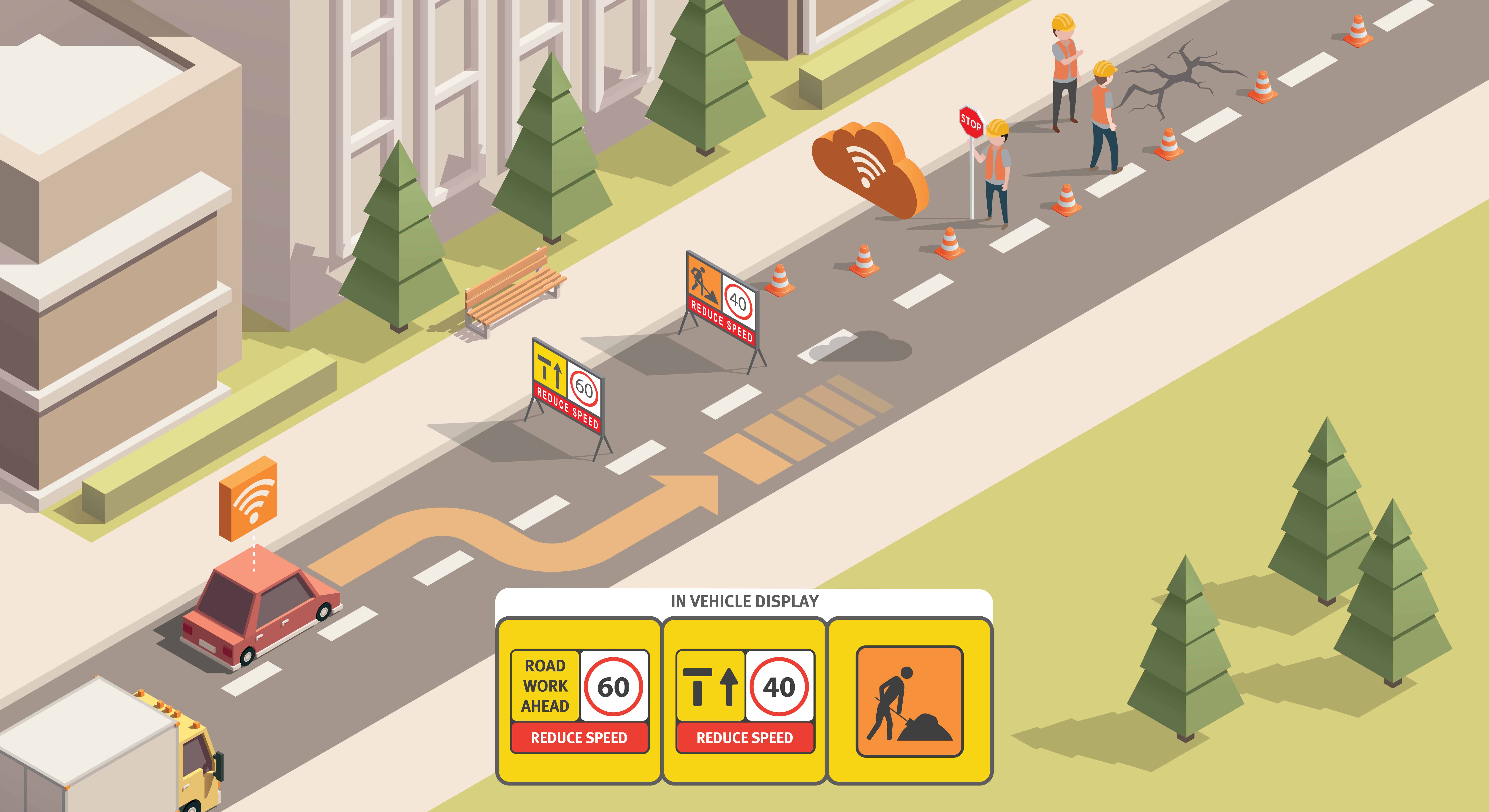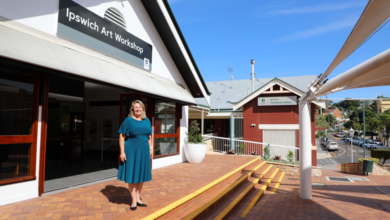Ipswich City Council has developed the iGO Intelligent Transport Systems (ITS) Strategy which it believes will help meet the transport needs of Ipswich’s growing population.
The visionary strategy, which also caters for massive urban renewal, shifts in demographics and emerging technologies, is a key element of the City of Ipswich Transport Plan (iGO) and aligns with Advance Ipswich (under the “managing growth” and “delivering key infrastructure” themes).
“Intelligent Transport Systems (ITS) is the application of modern computer and communication technologies to the transport systems in order to increase efficiency, reduce pollution and other environmental effects of transport as well as increase the safety of the travelling public, “ Infrastructure Services Chief Operating Officer Charlie Dill said.
“The ever-growing technology industry is beginning to change the landscape of the transport network. Modern computer and communications technologies are being applied to new vehicles, however the transport network falls behind in technology advancement.
“Given council is a road manager, it is important to not only be aware of the new technology but to also embrace, implement and manage this technology to ensure that a safer and efficient road network can be achieved in the future.”
In 2016, council released the iGO City of Ipswich Transport Plan, a tactical blueprint for the city. In 2017, council approved the development of this strategy as its masterplan to shape Ipswich’s future transport technology needs.
“With the emergence of smart phones and new technology platforms, transport in our cities is on the verge of an extraordinary revolution – from connected, driverless and electric vehicles, car and ride sharing schemes, intelligent traffic and parking networks and interactive travel information systems,” the strategy notes.
“Ipswich can be at the forefront of this revolution to dramatically change the way we travel, delivering significant safety, reliability and environmental benefits for transport users and help delay or even eliminate the need for expensive transport infrastructure.”
Mr Dill said the strategy’s action plan features a suite of 73 prioritised actions, a 10-year delivery timeframe and includes projects, protocols and partnership.
The focus over the next two years, includes:
- Intelligent road operations team
- Smart parking solutions
- Electric vehicles
- Connected vehicles
Mr Dill said the strategy will be used to inform and guide future policy and investment decision-making and to help secure funding from State and Federal Governments.


